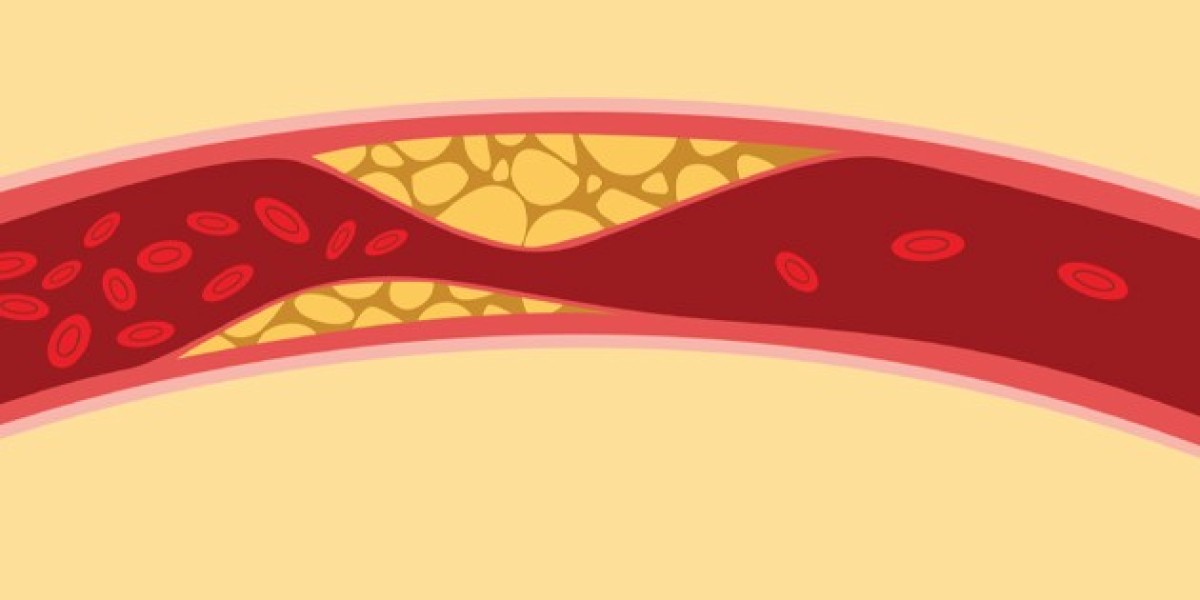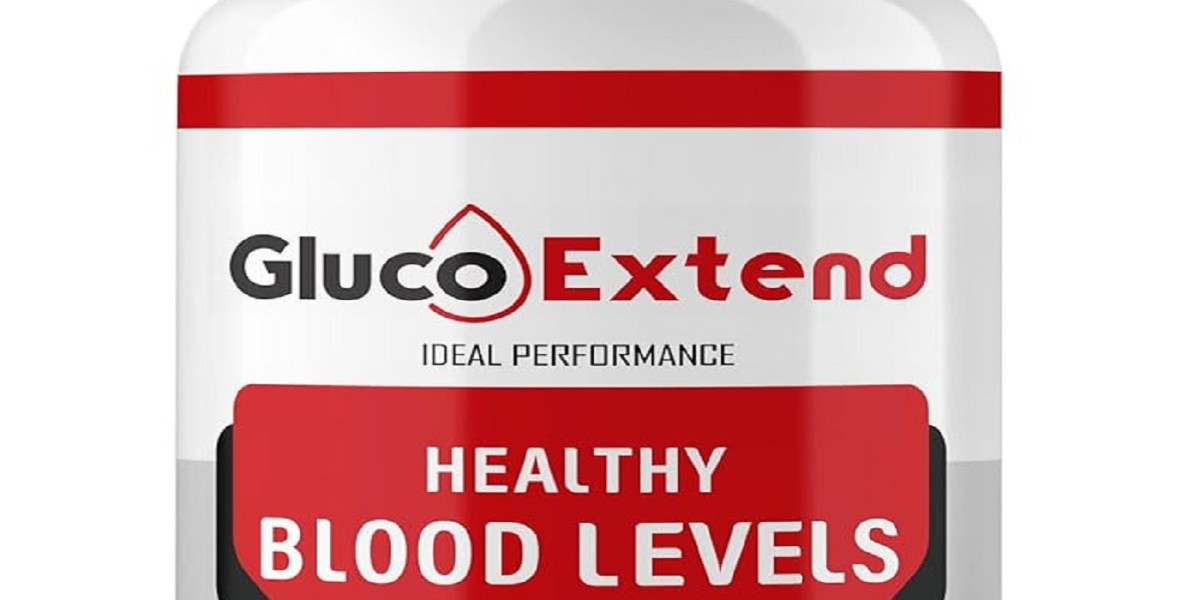Cholesterol is a term we often hear in discussions about heart health, but many people don’t fully understand what it is, why it matters, or how to manage it. High cholesterol affects nearly 94 million U.S. adults, yet it’s a silent condition with no obvious symptoms until serious complications arise. This guide breaks down the essentials—from causes and risks to prevention and treatment—to help you take control of your cardiovascular health.
What Is Cholesterol?
Cholesterol is a waxy, fat-like substance produced by the liver and obtained through certain foods. It plays a vital role in building cell membranes, producing hormones (like estrogen and testosterone), and aiding digestion. However, not all cholesterol is the same:
LDL (Low-Density Lipoprotein): Known as "bad" cholesterol, LDL carries cholesterol to arteries. Excess LDL builds up as plaque, narrowing blood vessels and raising the risk of heart disease.
HDL (High-Density Lipoprotein): Called "good" cholesterol, HDL transports excess cholesterol back to the liver for removal. Higher HDL levels are linked to lower cardiovascular risk.
Triglycerides: A type of fat in the blood, high triglycerides combined with high LDL or low HDL can accelerate artery damage.
A lipid panel blood test measures these components, providing a snapshot of your cholesterol health.
Causes of High Cholesterol
High cholesterol stems from a mix of lifestyle choices, genetics, and underlying conditions:
Unhealthy Diet: Saturated fats (red meat, full-fat dairy) and trans fats (fried foods, baked goods) raise LDL. Excessive sugar intake can also boost triglycerides.
Sedentary Lifestyle: Physical inactivity lowers HDL and increases LDL.
Obesity: Excess weight, particularly abdominal fat, disrupts cholesterol balance.
Smoking: Damages blood vessels and lowers HDL.
Genetics: Familial hypercholesterolemia (FH) is an inherited disorder causing extremely high LDL, even in healthy individuals.
Age and Sex: Cholesterol levels often rise with age. Men typically have higher LDL than premenopausal women, though women’s risk increases after menopause.
Medical Conditions: Diabetes, hypothyroidism, and kidney disease can elevate cholesterol.
Symptoms and Risks of High Cholesterol
High cholesterol itself has no symptoms, which is why it’s dubbed a “silent killer.” Over time, however, plaque buildup (atherosclerosis) can lead to:
Coronary Artery Disease (CAD): Chest pain, heart attacks.
Stroke: Blocked blood flow to the brain.
Peripheral Artery Disease (PAD): Leg pain during activity.
Gallstones: Cholesterol-rich deposits in the gallbladder.
Diagnosis: Understanding Your Numbers
A lipid panel measures:
Total Cholesterol: Ideally under 200 mg/dL.
LDL: Below 100 mg/dL for optimal health (or under 70 mg/dL for high-risk individuals).
HDL: Above 60 mg/dL is protective; below 40 mg/dL (men) or 50 mg/dL (women) increases risk.
Triglycerides: Under 150 mg/dL.
Testing is recommended every 4–6 years for adults over 20, or more frequently if risk factors exist.
Treatment Options
Managing high cholesterol often involves lifestyle changes and, if needed, medications:
Lifestyle Modifications
Diet: Prioritize fiber-rich foods (oats, beans), omega-3s (fatty fish), and unsaturated fats (avocados, nuts). Limit processed foods and alcohol.
Exercise: Aim for 150 minutes of moderate weekly activity (e.g., brisk walking) to boost HDL.
Quit Smoking: Improves HDL within weeks.
Weight Loss: Losing 5–10% of body weight can significantly improve cholesterol.
Medications
Statins (e.g., atorvastatin): Block cholesterol production in the liver.
Ezetimibe: Reduces intestinal cholesterol absorption.
PCSK9 Inhibitors: Injectable drugs for genetic high cholesterol.
Bile Acid Sequestrants or Fibrates: Lower LDL or triglycerides.
Supplements
Plant sterols, psyllium husk, and fish oil may help but should complement—not replace—medical treatment.
Prevention Tips
Start cholesterol screenings by age 9–11 if there’s a family history of early heart disease.
· Adopt a heart-healthy diet early in life.
· Stay active and avoid prolonged sitting.
· Manage stress, which indirectly affects cholesterol through poor lifestyle habits.
FAQs about High Cholesterol
Q: Are eggs bad for cholesterol?
A: Dietary cholesterol (like eggs) has a modest impact on blood cholesterol for most people. Focus more on cutting saturated fats.
Q: Can thin people have high cholesterol?
A: Yes. Genetics and metabolic factors mean even fit individuals can have high LDL.
Q: Is high cholesterol reversible?
A: Lifestyle changes can significantly improve levels, but genetic cases may require lifelong management.
Q: How often should I get tested?
A: Adults: Every 4–6 years. High-risk individuals: Annually.
Final Thoughts
High cholesterol is a major modifiable risk factor for heart disease, the leading cause of death globally. By understanding your numbers, making proactive lifestyle changes, and following medical advice, you can protect your arteries and long-term health. Knowledge is power—get tested, stay informed, and take action today.









